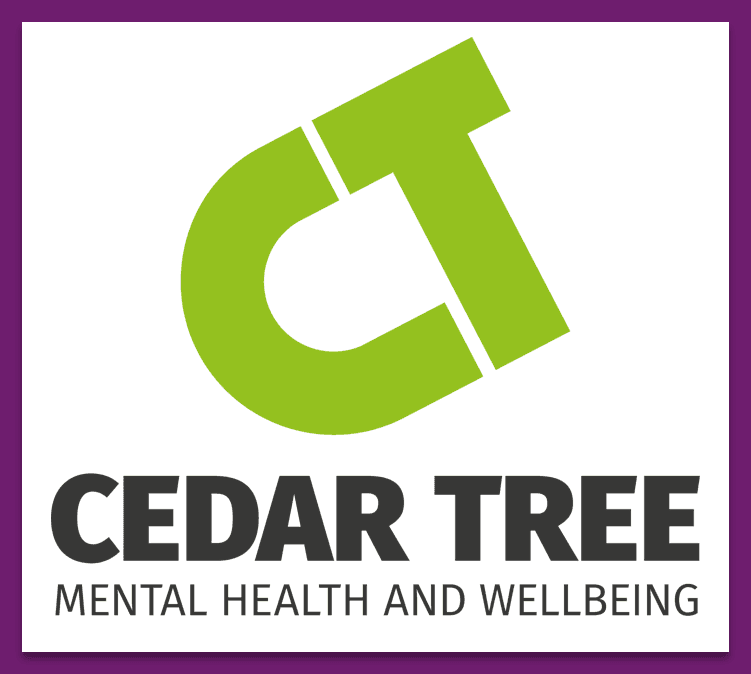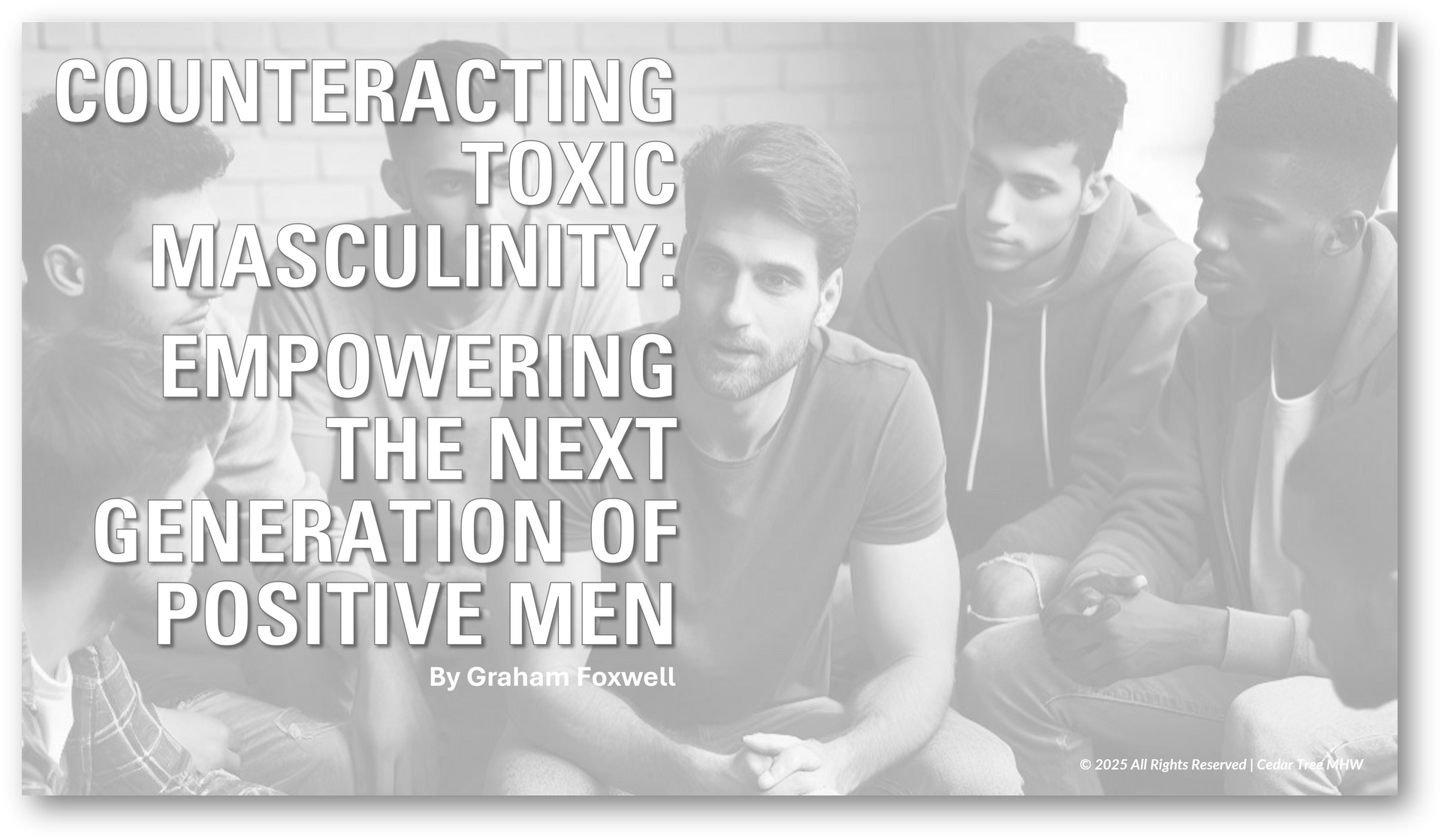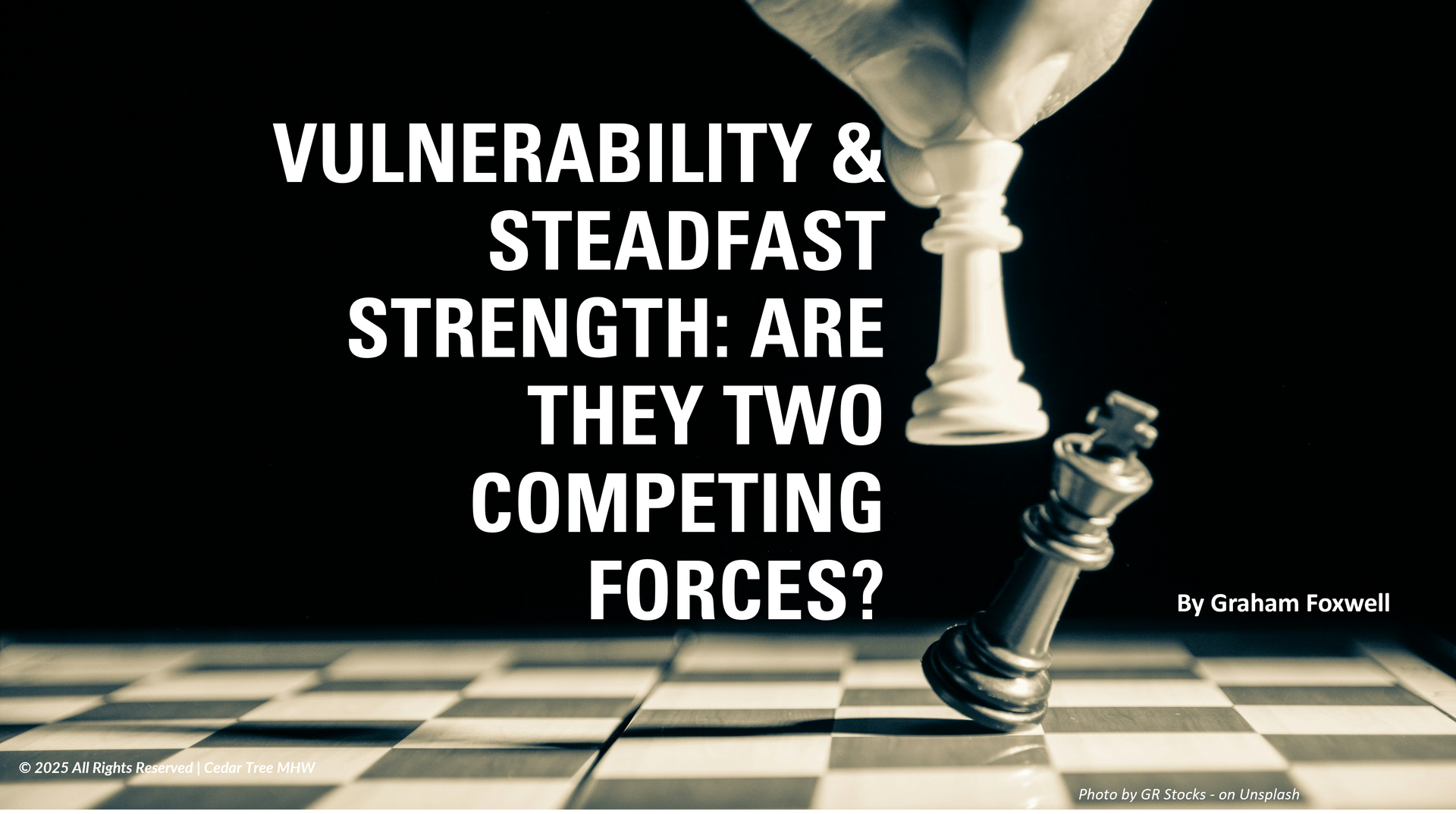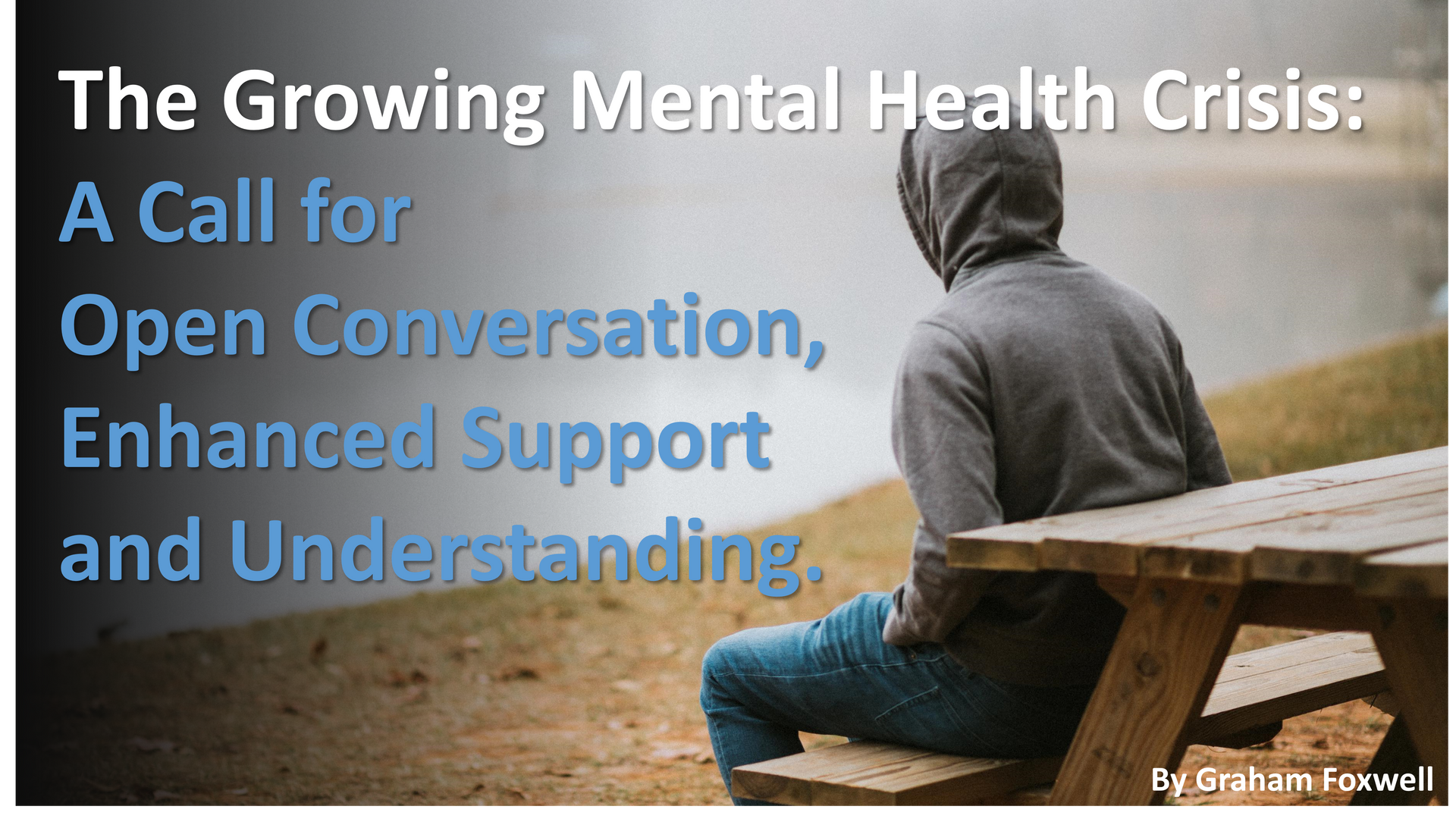9 suicide myths and facts we should know and recognise.
There are many common misconceptions about suicide that prevent us from talking to someone or recognising just how serious the problem of suicide is.
Here are 9 myths and facts we should know to recognise the warning signs and get help.
- Myth - People who threaten suicide are just looking for
attention.
Most people who have suicide ideation (thinking of taking their lives) hide it; especially from those close to them. However, a person who is talking about suicide needs to be listened to carefully and taken seriously.
If someone does mentions suicide, take them seriously and seek professional help immediately. - Myth -Asking someone if they think about suicide increases
their risk.
Many people fear bringing up the subject of suicide, thinking it will somehow plant the seed. This is not true. Asking a direct question about suicide will not compel someone to kill themselves.
If someone is having suicidal thoughts and you ask them this direct question, they more likely feel safe in opening up and talking about it. - Myth -People who do not complete suicide were not serious.
A person who attempts suicide is trying to stop the pain and suffering they are feeling. People who make an attempt are at much higher risk of trying again. Their second attempt is much more likely to be fatal. - Myth -People who are suicidal, always act sad beforehand.
This is a very complex area. However, some people who take their own lives, may seem unexpectedly happy or “the life of the party” before taking their own lives. They may have a sudden change in mood from low to very high or just very calm.
Sometimes suicide may be a sudden response to a major stressful event. - Myth -People who complete suicide, spend a lot of time
planning it.
The decision to take their own lives may be planned — but it could also be impulsive.
Suicide may feel like the best way to escape the pain. A person who has been humiliated, rejected, suffered loss, or subjected to bullying, for example, may think suicide is the only way out. - Myth -Suicide is rare.
Suicides don't usually make the news and many families try and keep suicide as private as possible. Therefore Most people aren't aware that it such a common problem.
Suicide remains the most common cause of death for men in the UK aged 20-49.
Men are roughly three times more likely to die from suicide then women. However, women are roughly three times more likely to attempt suicide.
People who struggle with their mental health and those who abuse substances are at high risk of taking their own life. - Myth -A suicide plan doesn't put a person at risk of
following through.
A person with a specific plan for how, when and where to take their life is a person in danger. When a mental health professional assesses a person for suicide risk, meeting this criterion means the person is potentially in immediate danger and steps need to be taken to ensure safety. - Myth -A person with suicide ideation just wants to die.
Most people who have had suicide ideation report they didn’t actually want to die; they just wanted the pain they were feeling to go away. Their pain had exceeded their ability to cope. - Myth -People who take their own lives are selfish.
The suicidal mind is an altered state of consciousness. When a person is battling with their pain and feeling hopeless, their thinking is often significantly distorted. They do not see reality the way they would if they were not in suicidal crisis. Their thoughts loop on the theme of how they are a burden to those they love. Their brains actively make a case for how others will not really miss them or that in the long run, those they love would be better off without them somehow. Sometimes, those who are in the grips of the suicidal ideation often become mentally detached from those they love.
Suicide is very complex and emotive subject. This report is just a brief insight into the myths and facts surrounding suicide. If you would like some more information or support please contact your local GP or IAPT (Improving Access to Psychological Therapies) service. https://www.nhs.uk/Service-Search/Psychological%20therapies%20(IAPT)/LocationSearch/10008 or get in contact with one of the organisation listed below.
Useful info
Here is a list of National organisations that can provide support and information.
Samaritans
Telephone: 116 123 (24 hours a day, free to call)
Email: jo@samaritans.org
Website: www.samaritans.org
Provides confidential, non-judgemental emotional support for people experiencing feelings of distress or despair, including those that could lead to suicide. You can phone, email, write a letter or in most cases talk to someone face to face.
CALM
Telephone: 0800 58 58 58(5pm–midnight, 365 days a year)
Website: www.thecalmzone.net incl webchat
The Campaign Against Living Miserably (CALM) is an award-winning charity dedicated to preventing male suicide, the single biggest killer of men under the age of 45 in the UK. In 2015, 75% of all UK suicides were male.
Mates in Mind
Telephone: 020 3510 5018
Website: www.matesinmind.org/
Mates in Mind aims to raise awareness, address the stigma of poor mental health and promote positive mental well-being in construction and related industries across the UK.
We are led by and for industry in partnership with the Health in Construction Leadership Group and the British Safety Council, along with other leading organisations and charities such as Mind, Samaritans and Mental Health First Aid England.
Mates in Mind helps to make sense of available options and support for employers to address mental health within the workplace..
Mind Infoline
Telephone: 0300 123 3393 (9am-6pm Monday to Friday)
Email: info@mind.org.uk
Website: www.mind.org.uk/help/advice_lines
Mind provides confidential mental health information services.
With support and understanding, Mind enables people to make informed choices. The Infoline gives information on types of mental distress, where to get help, drug treatments, alternative therapies and advocacy. Mind has around 140 local Minds providing local mental health services.
Rethink Mental Illness Advice Line
Telephone: 0300 5000 927 (9.30am - 4pm Monday to Friday)
Email: info@rethink.org
Website: www.rethink.org/about-us/our-mental-health-advice
Provides expert advice and information to people with mental health problems and those who care for them, as well as giving help to health professionals, employers and staff. Rethink also runs Rethink services and groups across England and Northern Ireland.
Saneline
Telephone: 0300 304 7000 (4:30pm-10:30pm)
Website: www.sane.org.uk/what_we_do/support/helpline
Saneline is a national mental health helpline providing information and support to people with mental health problems and those who support them.
The Mix
Telephone: 0808 808 4994 (11am-11pm, free to call)
Website: www.themix.org.uk/get-support
The Mix provides judgement-free information and support to young people aged 13-25 on a range of issues including mental health problems. Young people can access the The Mix’s support via phone, email, peer to peer and counselling services.
ChildLine
Telephone: 0800 1111
Website: www.childline.org.uk
ChildLine is a private and confidential service for children and young people up to the age of nineteen. You can contact a ChildLine counsellor for free about anything - no problem is too big or too small.
Students against depression
The Students Against Depression story starts with the sad loss of two bright young men to suicide. Their families invested in this project to reach out to other people suffering the effects of depression and suicidal thinking.
https://www.studentsagainstdepression.org/
Minds@Work
Website: www.mindsatworkmovement.com/
Minds@work's purpose is to inspire and equip individuals to eradicate the stigma of mental illness and create workplaces that are life-enhancing.
They stage free events to inspire, equip and fuel innovation through sharing and collaboration.
Charlie Waller Memorial Trust
Website: https://www.cwmt.org.uk/
Our vision is of a world where people understand and talk openly about depression, where young people know how to maintain well-being, and where the most appropriate treatment is available to everyone who needs it.
The Trust was set up in 1997 in memory of Charlie Waller, a young man who took his own life whilst suffering from depression. Shortly after his death, his family founded the Trust in order to educate young people on the importance of staying mentally well and how to do so..
Elefriends
Website: http://elefriends.org.uk/
Elefriends is a supportive online community where you can be yourself. Elefriends is run by Mind.
If you’re a carer needing support you can contact all of the above as well as Carers Direct and the Princess Royal Trust for Carers, both of whom are able to provide support and advice on any issues affecting you.
Don't Bottle it up
Website: https://dontbottleitup.org.uk/
"Dont Bottle It Up" is a simple way to gauge your drinking and get relevant, personalised advice and support.
Men's Sheds association
Website: https://menssheds.org.uk/
We are UK Men’s Sheds Association, the support body for Men’s Sheds across the UK. We work hard to inspire and support the development of as many Men’s Sheds as possible, for the benefit of men’s health and well-being. We are a member organisation, representing UK-based Men’s Sheds. We raise awareness of the Men’s Sheds movement and the many benefits of Shedding and we support Men’s Sheds in getting off the ground and thriving as community-driven, member-led entities. We don’t own or manage Men’s Sheds, but we champion them for miles around.
Our mission is to enable access to a Men’s Shed for every man that would benefit from one and we won’t stop until we’ve achieved it.
Cedar Tree provide consultancy, advice and training to managers, employees, groups, teachers and individuals on how develop the skills to look after our own and others’ well-being. At "Cedar Tree we want to eliminate the stigma surrounding poor mental health and normalise society's attitudes and behaviours towards it, by illustrating how a person can have good well-being whilst experiencing poor mental health"
There is Hope to be found.
www.cedartree-mhw.co.uk #cedartreemhw














